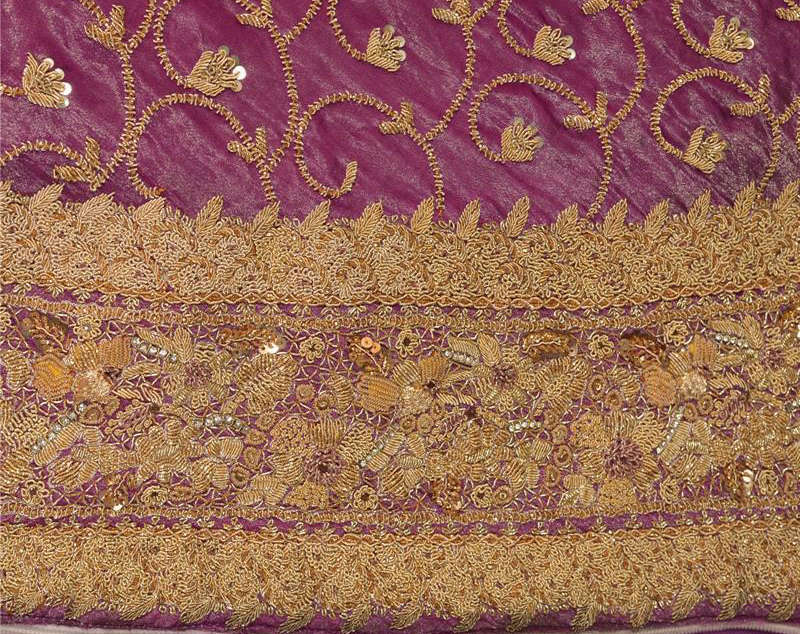===
0745,
6
===

=== |
 |
raftah raftah : 'Going on, in the act of going, in process of time; step by step, by degrees, gradually; leisurely, easily'. (Platts p.595)
maʾāl : ''A place (and a state or condition) to which a person or thing returns, and to which he (or it) ultimately comes'; end, aim, event, consequence, termination, issue, tendency'. (Platts p.983)
FWP:
SETS
MOTIFS
NAMES
TERMS == DEVICE; WORDPLAYIt's a witty but sinister verse, isn't it? And at the very end the terā suddenly leaps upon you, with its direct address and especially its intimacy. This one little word takes the verse to a whole new level of ominousness. It's all very well to contemplate what happens to mankind in general-- but then, suddenly, it's your fate that's at issue, and you are being addressed intimately, without any respect or formality, and you realize with a jolt that things don't look so good for you.
And as SRF says, the wordplay is wonderful in its own right. To go with qadam and pā-māl and especially raftah raftah he could also have mentioned jāne , which looks as if it could have come from jānā , although of course it has actually come from jān'nā . Perhaps as we first encounter the verse there's a moment of 'doubt of derivation' here too.
Compare Ghalib's very different treatment of that 'first step' of human progress:
G{4,8x}.